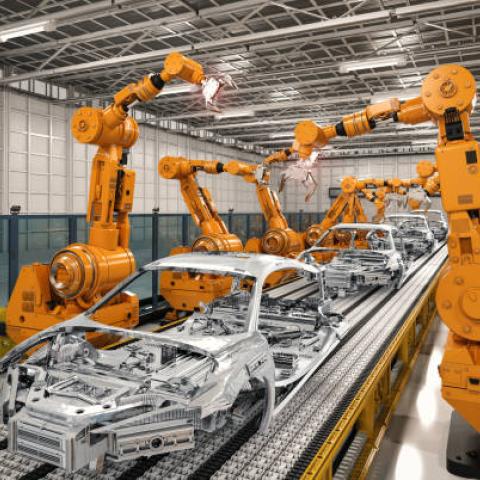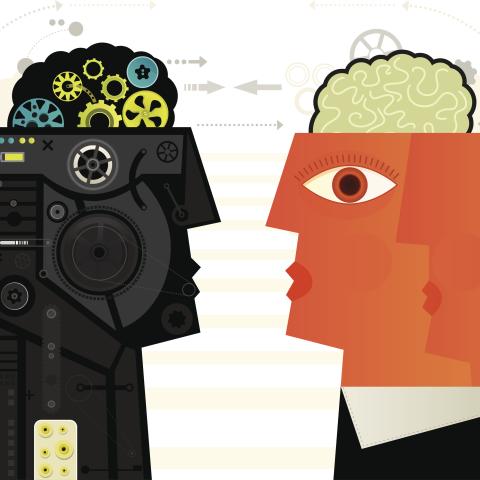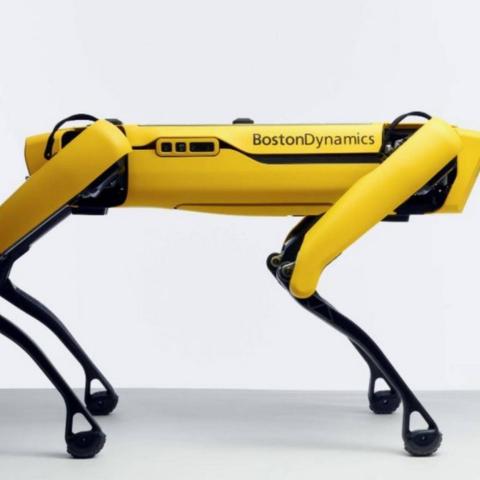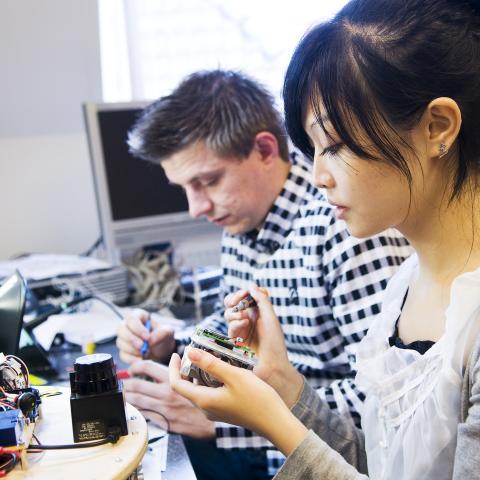Introduction
-
How will robotics, AI and big data shape European societies?
Current technological innovations in robotics, artificial intelligence, data and computing power are nothing short of revolutionary. These developments invite many pressing societal questions. How will work change? Will jobs be destroyed? What new jobs will be created? What skills should we learn? Can everybody master these skills? How should they best be taught?
But also: who will benefit most from these technological developments? How do inequalities change? Are social groups affected differently? And, importantly, what can governments do to cushion technological inequalities?
TECHNEQUALITY brings together a multidisciplinary group of leading scholars from Europe's most renowned universities and research institutes to answer these questions and work with policy-makers to co-create policies that work.
-
-
News

Final Policy-Week presentations
During this week we presented our main findings to policy-makers and discussed with them about possible implications. Because our ultimate goal is that our findings and recommendations lead to policy-changes..
read more
Policy-Week Technequality: You are invited to discuss policy implications with policy-makers!
During our Scientific Conference in November 2020 we presented and discussed scientific outcomes, during the policy-week we will talk about possible policy implications.
read more
Governing the societal impact of AI: final Policy-Maker event
In all there will be 5 webinars, from 12.00 to 13.00h each.
read more
Technequality virtual Scientific Conference 25 and 26 November - looking back at a successful event
As a Technequality team, we can look back on a very succesful Scientific Conference.
read more -
Projects

01 The future of work in Europe
Automation technologies will have an important impact on the European labour market, but what exactly will this look like? A growing literature suggests that the next wave of automation technologies will have an important…
read more
02 Understanding technological inequality
How are social inequalities related to tech innovations? Will classic predictors of social inequality still have the same influence on social mobility? It is probable that workers who cannot master the skills required to work with machines…
read more
03 Educating for tomorrow's labour market
Tech innovations will change the skills needed for the labour market. Are education systems in Europe prepared to provide us with these skills? Technological innovations continuously alter the skills needed in the labour…
read more
